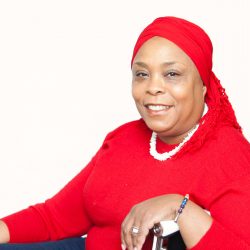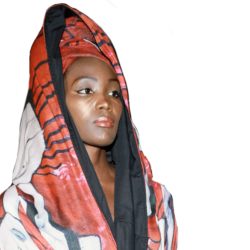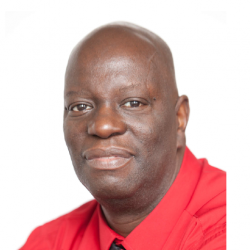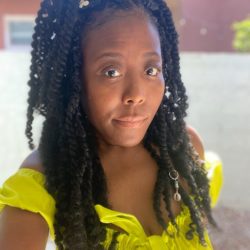Falling Angels Sickle Cell Foundation was established in 2009 and incorporated as a non-profit, tax-exempt organization in 2012. Its mission is dedicated to improving the quality of health and life for individuals, families, and communities affected by sickle cell disease.
Meet the Falling Angels
Who we are
Why choose us
We provide excellent services to the Rockland county demographic.
- Access to Transportation
- Support through medical crisis
- Educational support
- Free Counseling
- Medical bills relief

What is Sickle Cell Disease?
Sickle cell disease is an inherited blood disorder that affects red blood cells. People with sickle cell disease have red blood cells that contain mostly hemoglobin*S, an abnormal type of hemoglobin. Sometimes these red blood cells become sickle-shaped (crescent shaped) and have difficulty passing through small blood vessels.
A Closer Look at Sickle Cell Disease
The different forms of sickle cell disease are determined by the genes inherited from the person’s parents. Someone who inherits a sickle cell gene from each parent has hemoglobin SS disease, also called sickle cell anemia. A person can also inherit a sickle cell gene from one parent and a different kind of abnormal gene from the other and end up with a different form of sickle cell disease, such as hemoglobin SC disease or hemoglobin S beta thalassemia.
Someone who inherits only one sickle cell gene and a normal gene from the other parent will have the sickle cell trait, but not the disease. A blood test can determine whether someone has a form of sickle cell disease or carries the sickle cell trait.
People with sickle cell trait don’t have sickle cell disease and usually don’t exhibit signs of the disorder, but they can pass the gene for the disease to their children. Many people don’t know they have sickle cell trait, but most babies in the United States are now tested as part of their newborn screening. When both parents have the sickle cell trait, there’s a 25% chance that a child will have sickle cell disease. But when one parent is carrying the trait and the other actually has the disease, the odds increase to 50% that their child will inherit the disease.
Anemia
What you need to know:
- Sickled red blood cells don’t stay in the blood as long as normal red blood cells
- Sickle cells don’t last long so a person with sickle cell disease may not have as many red blood cells in their blood as people who don’t have sickle cell disease. This is called anemia.
- Babies with anemia may become fussy or not want to eat. They may also feel weak or tired.
- Children with anemia feel weak too.
- They may feel tired more easily than other children and should rest when that occurs.
- They may have a tough time concentrating and this can affect how they perform in school.
LINKS AND RESOURCES
What is Sickle Cell Anemia: http://www.nhlbi.nih.gov/health/health-topics/topics/sca/
Sickle Cell Disease Educational Information: http://www.sicklecelldisease.org/index.cfm?page=about-scd
Learning About a Disease: https://www.genome.gov/10001219
CDC Informative Information: http://www.cdc.gov/ncbddd/sicklecell/index.html

Cynthia Settles
Email: cynthia@fallingangelsscf.org
Skype: Coming Soon

Akimie Worrell
Email: Akimie@fallingangelsscf.org
Skype: Coming Soon

Emanuel Archibald
Email: Emanuel@fallingangelsscf.org
Skype: Coming Soon

Aquil Settles
Email: Aquil@fallingangelsscf.org
Skype: Coming Soon

Atiya Mariama
Email: Atiya@fallingangelsscf.org
Skype: Coming Soon
